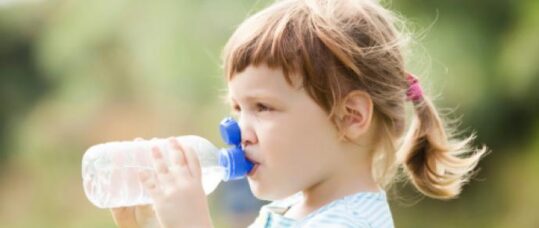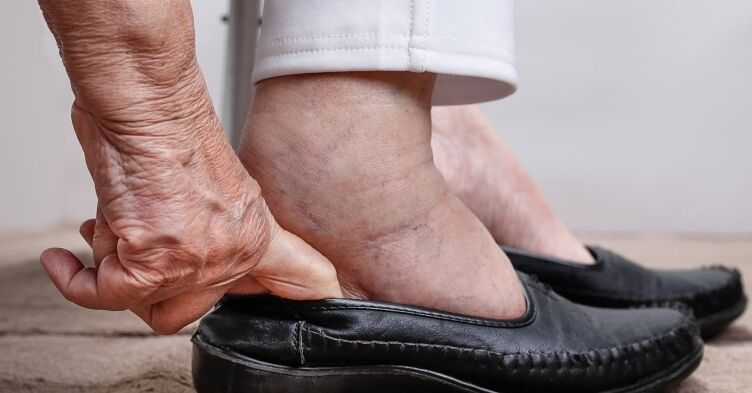Water is essential for life. If we don’t consume enough fluid, then dehydration can occur and even mild dehydration can cause tiredness, headaches and dizziness. Infants and young children are more likely to become dehydrated compared to older children and adults. Also, infants may not be able to communicate that they are thirsty, and rely on caregivers to provide drinks for them. Encouraging children to drink fluids regularly is important, particularly for younger children who can be so involved in what they are doing, they forget to drink.
How much water do children need?
The amount of fluid a child needs depends on their age, gender, the weather and how physically active they are, but generally they should aim to drink about six to eight glasses a day. Younger children need relatively smaller servings and older children need larger servings.
‘Fluid’ includes water and other drinks such as milk, fruit juices and smoothies. Foods such as fruit and vegetables, yogurt, soups and stews in the diet also provide water. Food provides approximately 20-30% of total fluid intake, while drinks provide the rest.
European guidelines for moderate environmental temperatures and moderate physical activity estimate fluid from drinks as below:1
Age
Recommended daily amount (mls)
1-2 year olds
920
2-3 year olds
1040
4-8 year olds
1280
What are the most appropriate choices?
The best drinks to give children are water and milk:
Water is the best choice for children throughout the day, especially after physical activity, in hot weather and between mealtimes. It hydrates without providing extra calories or risking harm to teeth.
Milk contains essential nutrients such as protein, B vitamins, iodine and calcium, and is tooth-friendly so can be drunk between meals. Children from one to two years of age can be given whole cows’ milk; from two years of age children can be offered semi-skimmed milk as long as they are eating a varied and balanced diet and growing well. Flavoured milks should be limited as they can be high in free sugars although they are permitted as a drink in schools as long as they contain less than 5% added sugar or honey. Dairy alternatives should be unsweetened and calcium-fortified.
100% fruit juices and smoothies, although providing some vitamins and minerals (e.g. vitamin C), should be limited to a combined total of 150ml per day and kept to mealtimes only. Unsweetened fruit juices are a source of free sugars, and also have less fibre than the whole fruit. Juice for younger children should be well diluted
Sugars sweetened drinks should be limited
UK dietary surveys report that on average sugars sweetened drinks make a substantial contribution to free sugars intake in children, which is a concern for both weight gain (excess calories) and dental health. It is therefore important to encourage healthier options for children who consume them regularly.
Even sugars-free or no-added sugars drinks can be acidic and damage teeth, and these drinks aren’t recommended for babies and toddlers. However, they might be useful as part of an approach to reduce free sugars in some older children.
Drinks containing caffeine such as energy drinks and tea and coffee are not suitable for younger children. Older children should only consume caffeine in moderation.2
For more information on healthy hydration in children go to:
nutrition.org.uk/healthyliving/hydration/hydration-for-children.html
1. EFSA. Scientific Opinion on Dietary Reference Values for water, 2010. efsa.europa.eu/en/efsajournal/pub/1459 (accessed 14 July 2016).
2. FSA. High caffeine ‘energy’ drinks and other foods containing caffeine, 2015.
food.gov.uk/science/additives/energydrinks (accessed 14 July 2016).







